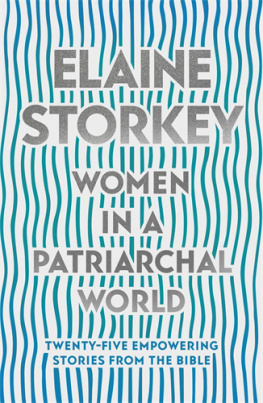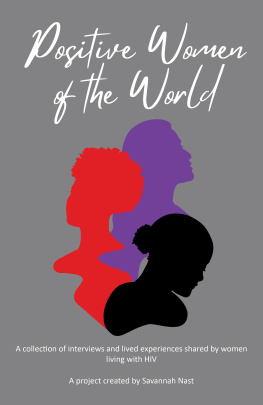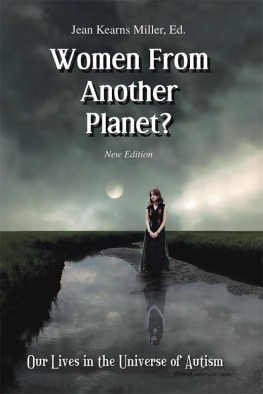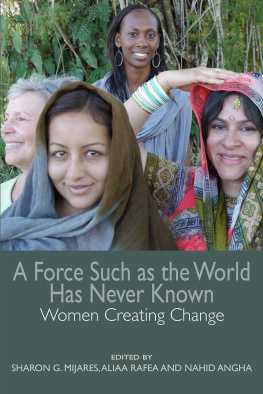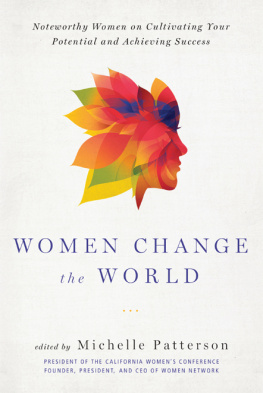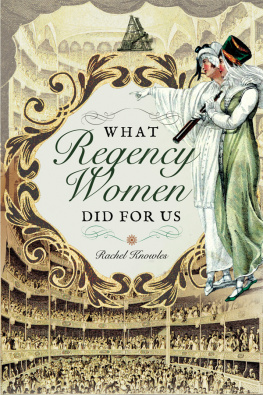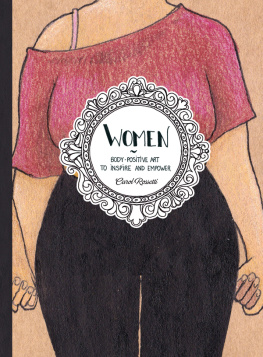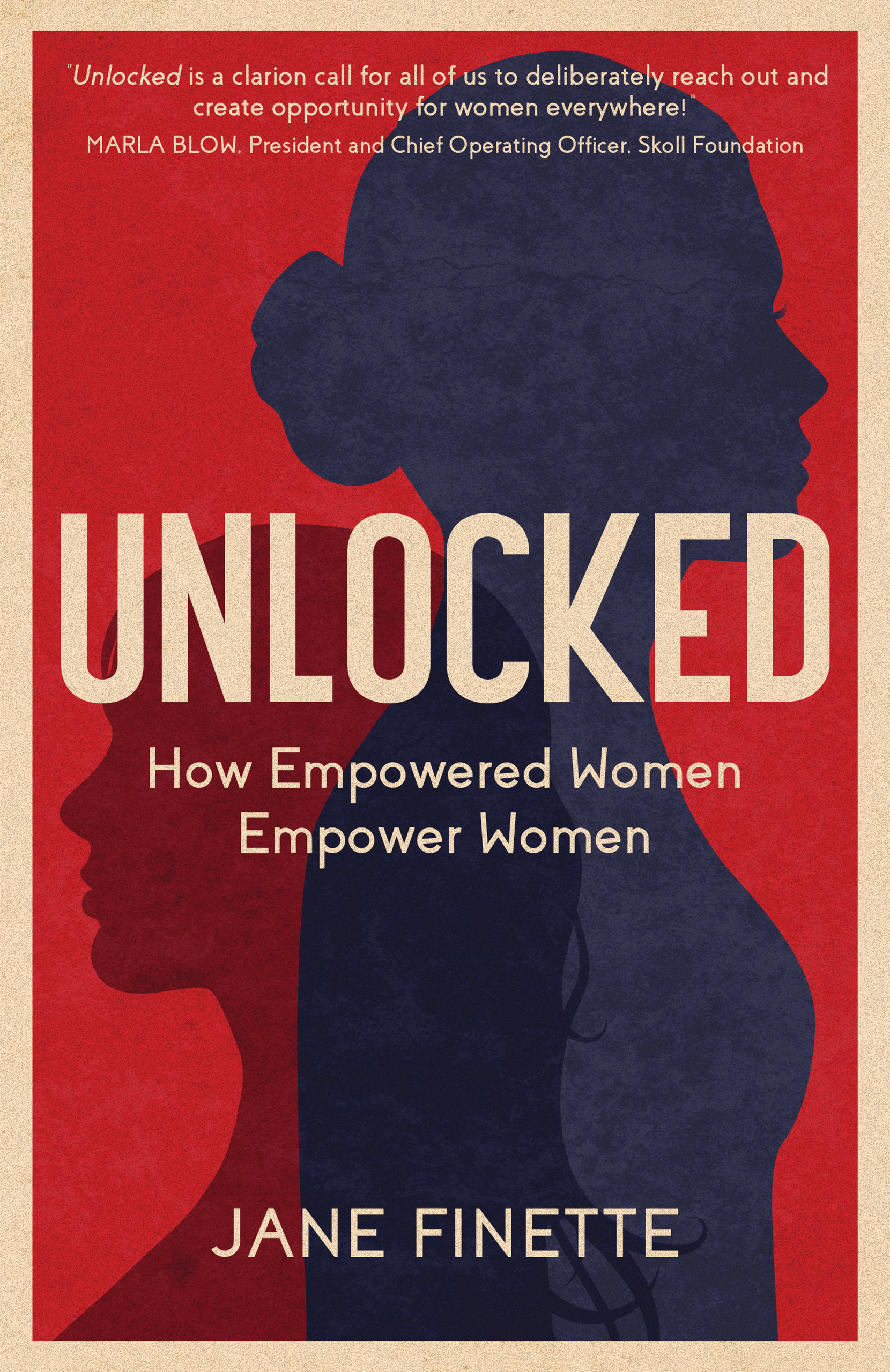Unlocked
Unlocked
How Empowered Women Empower Women
Jane Finette

New Degree Press
Copyright 2021 Jane Finette
All rightsreserved.
Unlocked
How Empowered Women Empower Women
ISBN 978-1-63676-742-0 Paperback
978-1-63730-481-5 Kindle Ebook
978-1-63730-482-2 Ebook
For the strong women who raise us, for the sisters who hold us, and for all daughters rising.
Contents
Part I :
Stories to Inspire
Chapter 1 :
Where It All Begins
Chapter 2 :
Going Far Together
Chapter 3 :
Planting Seeds on a Rock
Chapter 4 :
Taking on Giants
Chapter 5 :
Girls Rising
Chapter 6 :
When We All Hold the Torch
Chapter 7 :
It Takes a Village
Chapter 8 :
Leading by Example
Chapter 9 :
The Value of Investing
Chapter 10 :
The Last Taboo
Chapter 11 :
The Final Frontier
Chapter 12 :
The Troublemaking Individual
Part II :
The Ten Keys to Unlock the Potential of All Women
Chapter 13 :
Key #1Just Say Yes
Chapter 14 :
Key #2Tell Her She Is Ready
Chapter 15 :
Key #3Stand Behind Her
Chapter 16 :
Key #4Help Her Help Herself
Chapter 17 :
Key #5Actually Talk about Money
Chapter 18 :
Key #6Stand Up for Her
Chapter 19 :
Key #7Be the Example
Chapter 20 :
Key #8Give Her Confidence
Chapter 21 :
Key #9Send the Elevator Down
Chapter 22 :
Key #10Be a Sister
Part III :
It Begins and Ends with You
Chapter 23 :
How We All Take Flight
Feminism is not a scheme to deprive men, but a campaign to liberate usall.
Rebecca Solnit
Introduction
How It All Began
It all began for me in 1989 in the UK. I was fifteen years old, and I took my first female empowerment action. I lobbied and won the right for girls at my school to wear trousers as part of their school uniform. Yes, you got that right. It was and still is a thing for kids to wear uniforms from age eleven to sixteen in the UK. Even in the middle of winter (when we used to have real winters in the UK pre-climate-crisis), girls were forbidden to have their legs covered. This was not a conservative or religious school, or a cult; it was just an ordinary, secondary modern school like most high schools across the UK. I walked many a winter day to school in a foot of snow with raw cold-burned knees and icy cold other places, as skirts were the only option. What I once considered normal, now seems to me to be straight out of the dystopian TV show The Handmaids Tale, which was equally ridiculous and unjust. It propelled this quiet small-town girl to become a bold female activist.
One particularly frigid winter, we were huddled outside on the playground shivering. I became enraged with anger at our unnecessary suffering. I confidently rallied a group of female school friends to make a challenge. We got ourselves in front of the schools board of governors, and I made an impassioned plea on behalf of all girls that it was a terrible idea to make us wear skirts to school all year round. Not only because of the unforgiving British winters, but also because it was unbearably cold inside the bleak 1980s classrooms. Inside and outside, we shivered for five straight months. I argued that it wasnt conducive to effective concentration and learning. At the time, I thought it was a long shot, but to their credit, they listened and agreed. We won.
It was a revelation to me that things could be different and change could happen. Walls came crashing down, and it hadnt been all that hard, but it took courage and a desire to break the status quo. A small action with a first bold step. My classmates celebrated in school hallways, and I remember taking deep pride and comfort in seeing my fellow sisters showing off their new slacks at school any time of the year! I was fired up.
Expectations Versus Reality
My early feminist activism was short-lived. Life carried on and my struggles as a young woman trying and failing to make it in the world while my male friends succeeded became normalized. Discrimination, which was glaringly obvious in my youth, became universal in my early career, but I didnt recognize the pervasive inequality for decades. On the surface, women in the UK looked like they could do and be anything they wanted. We had a woman as our Queen, and Id grown up with Margaret Thatcher as prime minister, but they were rarities, which did not reflect the full story.
Twenty-five years ago, off-color jokes about women and race were tolerated, even on prime-time UK TV. I distinctly recall my dad laughing out loud to The Benny Hill Show every Saturday night, and the Carry On films every holidaywith my mum and grandma laughing along too. We would crowd around the TV each weekend, and watch Benny Hill surrounded by bikini-clad babes and telling jokes like, Girls are like pianos. When theyre not upright, theyre grand, and, Im not against half-naked girlsnot as often as Id like to be. We would laugh and laugh. Its easy to believe this socially accepted sexist behavior wasnt directly connected to commonplace unwanted sexual advances, the likes of which I was years later often subjected to in the workplace.
When I reexamine my early life, I see a woman who was completely immersed in experiencing as many things as possible. While I often experienced the pang of bias and discrimination, I did not expect to create change. It was no longer as easy as my quick, youthful victory had been. So, the light I had focused and shone as a wronged teenager on the plight of women and girls went dark. It would take thirty more years for me to pick up the mantle and get my torch relit.
It was true, women in the Western world had gained more freedoms since the 1960s, and that was also so in the UK. In the liberating 1960s, The British Library chronicled that UK women gained access to the contraceptive pill, abortion was legalized, and via the Married Womens Property Actwomen were finally allowed to be the legal owners of money they earned. After the first recorded strike by women over equal pay in 1968 at the Ford factory in Dagenham, the UK brought in equal pay legislation. However, until this present day, there remains a big difference between the liberties we have been awarded in principle and what we can expect in practice. Today, women in the UK continue to endure gender-based violence, as Alexandra Topping in The Guardian reported in March 2021, they are still fighting for the right to feel safe on the UKs streets even from the police who are meant to protect them, and protesting the right to expect equal treatment in the workplace.
In fact, 110 years after the suffragette movement when women finally won the right to vote, women in the West are still fighting for equal rights, equal opportunity, ownership of our bodies, and so much more. Thats all without examining the appalling lack of human rights of women in the developing world. Leticia Pfeffer from Global Citizen reported back in 2014, 70 percent of the worlds poorest one billion people are women. Alarmingly, the World Economic Forum stated in 2021, if the same rate of progress continues, it will take another 257 years to close the global gender equity.
Its Going to Take All of Us
This is where I found myself in the middle of the worldwide COVID-19 pandemic, reading news article after article of womens rights going backward not forward. I was despondent hearing that women were dropping out of the workforce by the millions, shocked by reports of intensified sexual violence, and heartbroken at the erosion of girls rights to go to school. I faced the fact that women had lost a generation of progress in the past twelve months alone, and it was going to take decades to claw back already slim gains.


